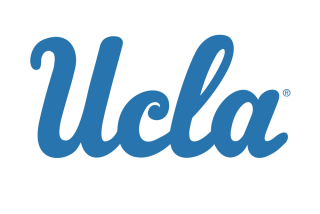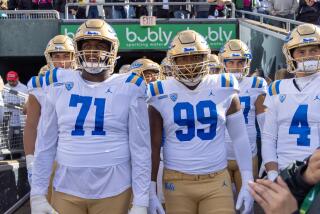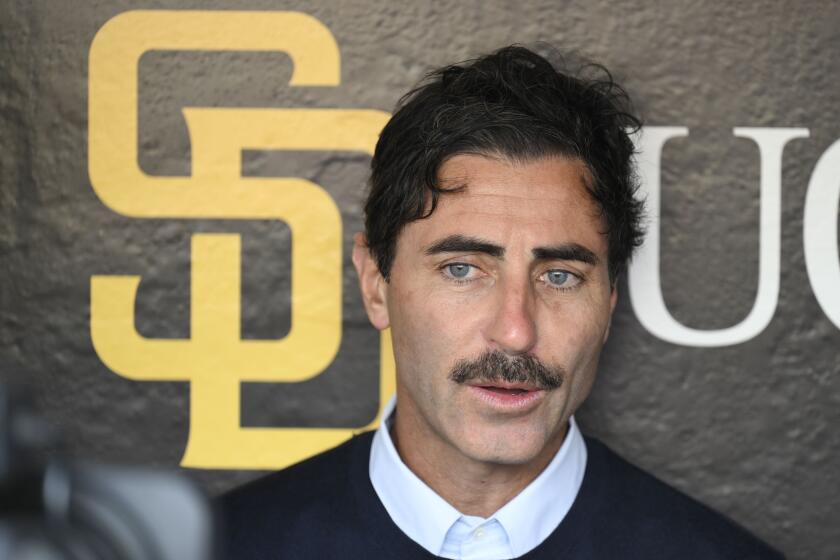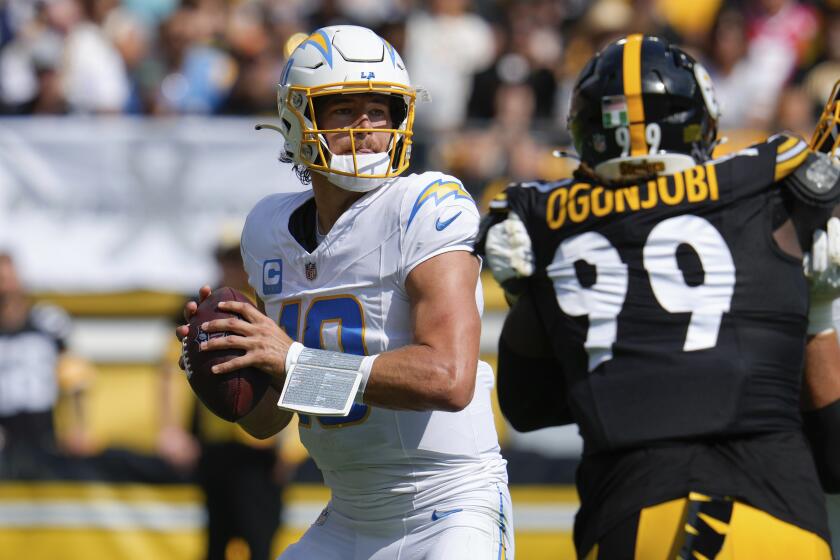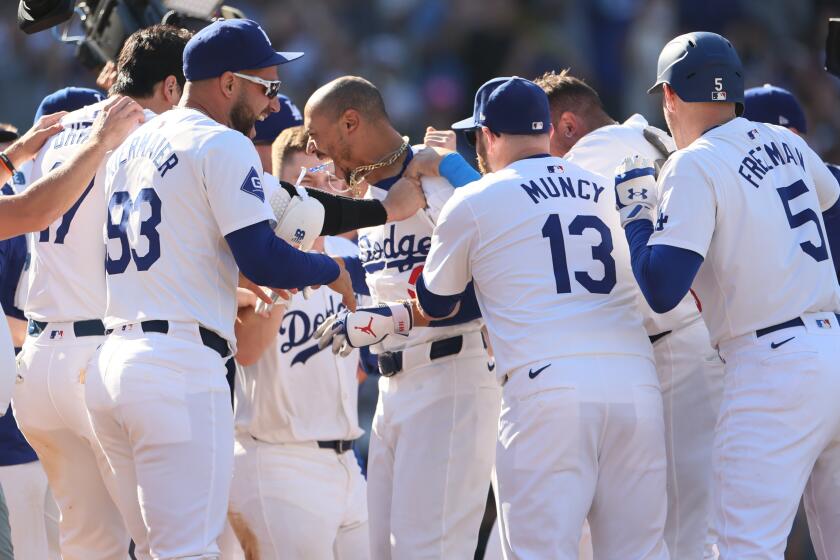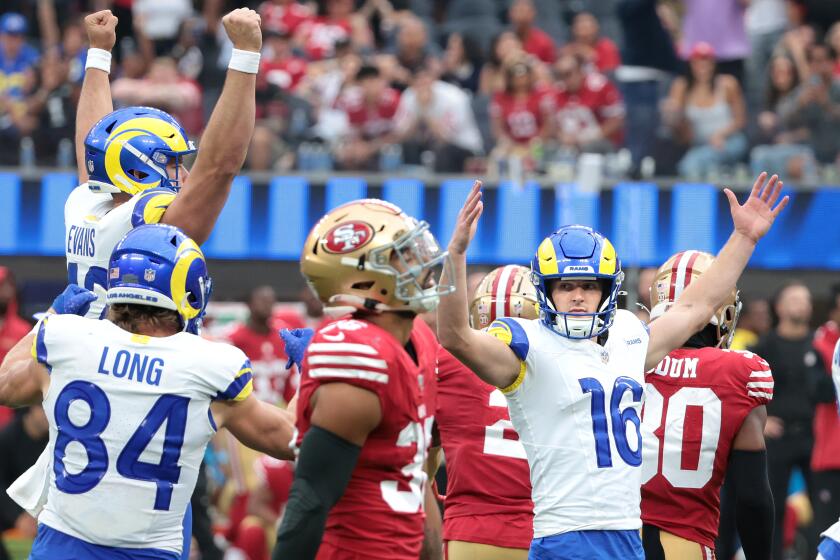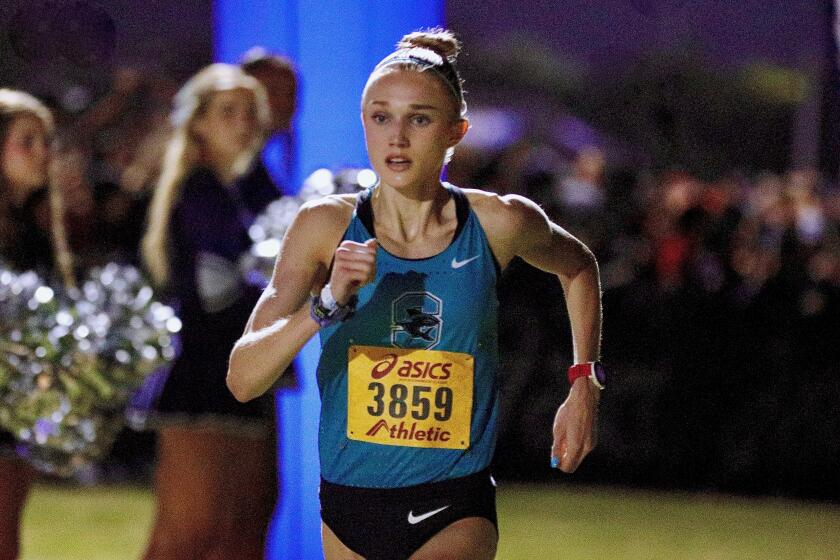NCAA document shows push for college athletes’ names in video games
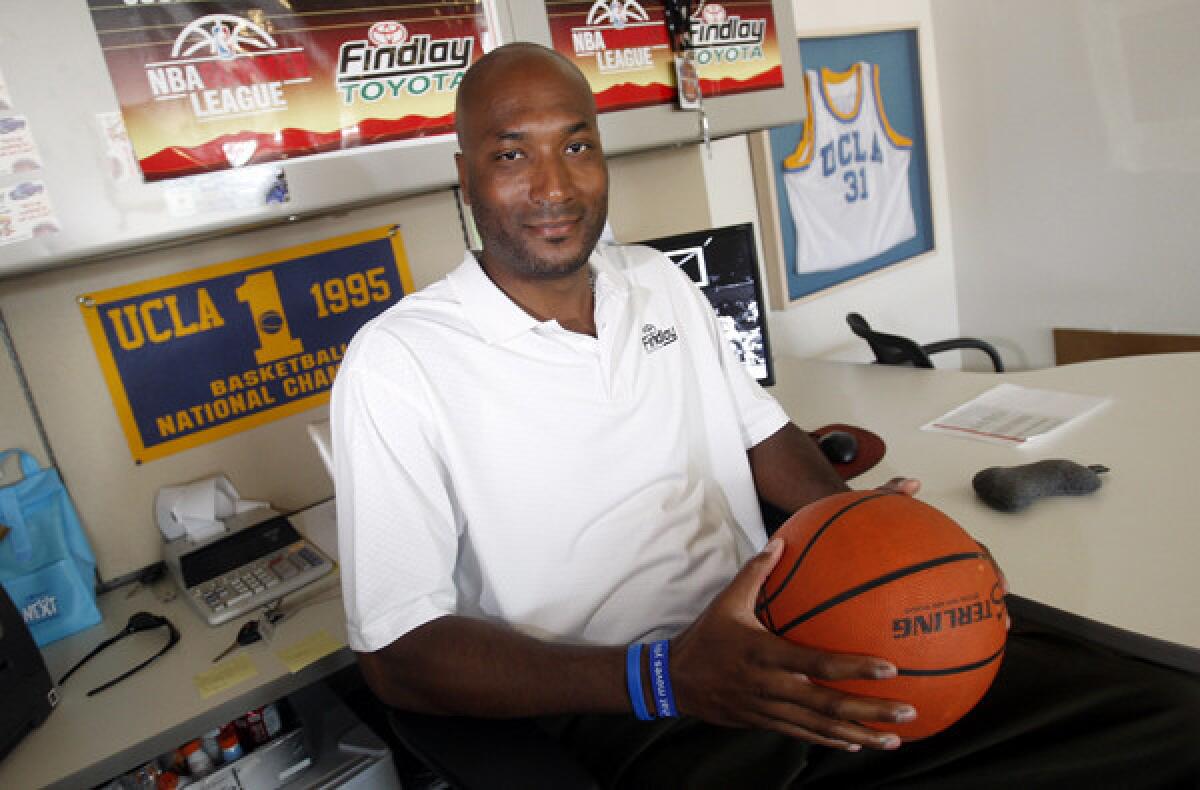
Electronic Arts Sports and the Collegiate Licensing Co. wanted to use the names and likenesses of college athletes in video games, according to an NCAA document unsealed in federal court Wednesday.
The report was among hundreds of pages of documents that U.S. District Judge Claudia Wilken ordered to be made fully or partially public in the long-running antitrust lawsuit against the NCAA fronted by former UCLA basketball player Ed O’Bannon.
The case is scheduled for trial in June and, in the interim, the document dump provides another window into the often contentious issues of amateurism and compensation raised by the case.
The NCAA declined comment on the documents.
Among the voluminous expert reports and internal NCAA emails is a four-page summary of a January 2007 meeting between an NCAA study group and several corporate sponsors.
“EA requests the ability to represent student-athletes in the games just as they are shown in TV broadcasts,” the document said. “This means putting student-athlete names on rosters and on jerseys in the game, and secondarily using facial likenesses.”
In return for the real-life detail, EA Sports offered to insert items the NCAA requested into games “like academic related features, APR, NCAA values, etc.”
CLC, which handles trademarks for around 200 bowls, conferences and schools, added, “Using the rosters in the games, and maybe the names of student-athletes on jerseys in the game would be worthwhile.”
Emails previously released in the O’Bannon case described how the likenesses and other characteristics of some college athletes were included in games.
EA Sports and CLC were originally named in the O’Bannon lawsuit, but agreed to a $40-million settlement in September. The NCAA, having previously announced it would no longer license video games, then sued both companies in November.
The report, however, shows how some of the companies in attendance wanted to link current college athletes with their products. Those requests ranged from using current athletes to promote broadcasts to noting that not being able to use footage or pictures of those athletes in advertising made the efforts lose relevance with the public.
The path forward at the meeting wasn’t clear to then-NCAA president Myles Brand.
“We cannot exploit individual student-athletes,” Brand said according to the summary, “but it is not clear what exploitation is ... but we don’t want to have a student-athlete holding a phone or a bag of chips.”
Twitter: @nathanfenno
More to Read
Go beyond the scoreboard
Get the latest on L.A.'s teams in the daily Sports Report newsletter.
You may occasionally receive promotional content from the Los Angeles Times.
